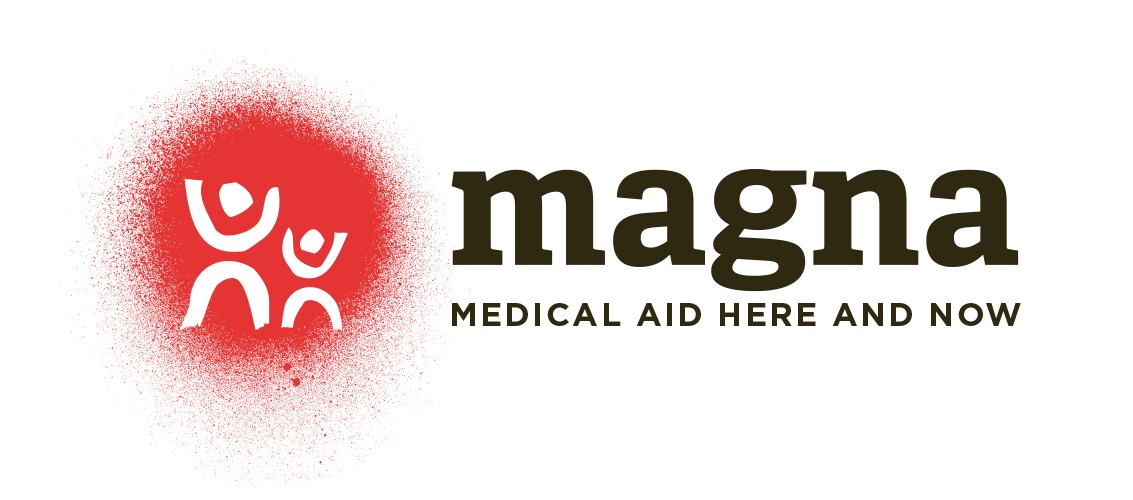Sexual violence
International Day for the Elimination of Violence Against Women
25 November is the International Day for the Elimination of Violence against Women. This year is specifically aimed at combating rape. Violence against women and girls is one of the most widespread violations of human rights, and has also become an instrument of war conflicts.
It is estimated that one in three women in the world has experienced physical or sexual violence. In many cases, their partner was the attacker, and in many cases women did not report violence because it is associated with stigmatization or public shame and humiliation, but also with impunity.
During the conflict in Bosnia in the early 1990s, about 20,000 to 50,000 women were victims of rape. During the genocide in Rwanda in 1994, between 250,000 and 500,000 women were raped. In the Democratic Republic of Congo, according to a 2011 survey, between 1.69 and 1.8 million have been raped during their lives.
“I recently attended a conference in Kigali, Rwanda. We also talked to the victims as part of the psychological assistance program. As many times before, the victims of violence from Congo or Rwanda, with whom I spoke there, confirmed that sexual violence would destroy their entire lives. ‘Every morning I have to talk to start a new day, find a reason to survive it and not want to die every next hour,’ said one of them,” says MAGNA Operations Director Denisa Augustínová.
Sexual violence against women and girls is part of the conflicts in South Sudan or the DRC. Women in Iraq and Syria have also been victims of rape and sexual slaves to the terrorist organization ISIS. The stories of MAGNA patients are similar. They talk about how the army or militia arrived, surrounded the village, murdered men, raped women and girls. Most of our programs include helping victims of Sexual and Gender Based Violence (SGBV). In 2018, MAGNA helped over 3,000 victims of sexual violence, and tens of thousands went through our educational and psychological programs.
MAGNA’s experience shows that medical facilities in our projects are often the only place where we can identify victims of sexual violence. The specially trained staff will provide the victims with emergency medical assistance, if necessary surgical treatment, prevention of the spread of venereal diseases, psychological assistance, etc.
Sexual violence takes various forms:
- intimate partner violence (abuse, psychological abuse, rape in marriage …);
- sexual violence and harassment (rape, forced sexual acts, unwanted sexual acts, sexual exploitation of children, forced marriage, harassment on the street or by computer or mobile phone, persecution);
- human trafficking (slavery, sexual exploitation);
- female genital mutilation;
- marriage of children (forced marriage of girls under 18).
Did you know1:
- nearly 750 million women and girls living in the world have married before they are 18 years old;
- 200 million women have been victims of female genital mutilation;
- every second woman killed in 2017 in the world has been the victim of a partner or family member (only 1 in 20 men died in similar circumstances);
- 71% of all victims of human trafficking are women and girls, of which 3 out of 4 are subject to sexual exploitation?
MAGNA is currently implementing projects to help victims of sexual violence in the Democratic Republic of Congo, Syria, Iraq and Lebanon.
